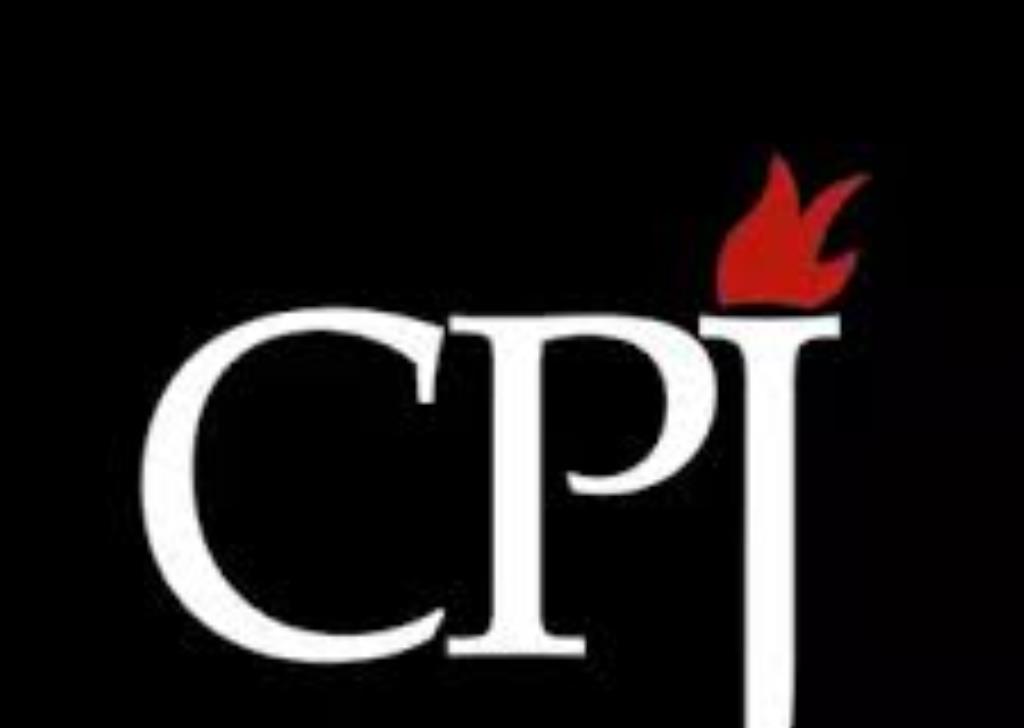The Committee to Protect Journalists (CPJ) has said that the Congolese authorities must ensure the safety of journalists at the privately owned broadcaster Radio Télé Communautaire Babombi (RTCB) and the community broadcaster Radio Communautaire Amkeni Biakato (RCAB), and should refrain from threatening them over their reporting.
Security forces have repeatedly threatened and intimidated staffers at the two Ituri province-based broadcasters over a report they both broadcast on March 10, according to RTCB director Joel Musavuli Mumbere and RCAB director Parfait Katoto, both of whom spoke to CPJ via messaging app.
That broadcast, which CPJ reviewed, included an audio clip from a local human rights activist alleging that a senior military officer had overseen the detention and torture of adults and children in an underground dungeon at a military camp in the province.
“Security forces in the Democratic Republic of the Congo should stop acting as censors and should ensure that journalists can report freely on the military without fear of intimidation or harassment,” said Angela Quintal, CPJ’s Africa program coordinator, in New York.
“Those responsible for the threats against radio stations RTCB and RCAB should be identified and held accountable.”
A statement issued on Tuesday by CPJ stated that Mumbere said that National Intelligence Agency agents came to the RTCB office “just after the evening newscast” on March 10 asking for him, but left because he was not at the station. The agents returned the next day and asked staffers why they aired that broadcast, he said, adding that the journalists felt they were being threatened.
“With these threats we really intend to close our station because things are getting worse and worse,” Mumbere said. “We are not blaming ourselves. We verified the information before broadcasting (the allegations).”
Also on March 11, Katoto received a call from a local activist saying that soldiers were looking for him and his editor Simeon Kambale “to get them arrested,” he told CPJ.
Since then, Katoto said he has not slept at home out of fear for his safety. He added that, on March 15, a military officer went to the RCAB office looking for him, but he was not there; the officer told a radio technician to inform Katoto of the visit, without saying why.
Simeon Kambale, an editor at RCAB, told CPJ via messaging app that he received a phone call from an army officer who identified himself as Moise Felly, who threatened that the army would shut down the radio station and prosecute its journalists if they did not disavow the March 10 report. When CPJ called that officer, he said that he called the station to give them “pieces of advice on how to better cross-check their information before broadcasting it in the future.” He denied threatening Kambale.
The army’s Ituri province spokesperson, Jules Ngongo, told CPJ via messaging app on April 1 that he required “two hours” to investigate the case before making any comment; he did not respond to multiple follow-up messages seeking comment.
Journalists in Ituri province have faced persistent insecurity in recent years; in 2019 Papy Mumbere Mahamba, a reporter with the local Radio Communautaire de Lwemba broadcaster, was killed after broadcasting advice and information about the response to an Ebola outbreak in the area, according to CPJ research. Also in 2019, unidentified individuals set fire to RCAB’s office and left leaflets threatening its staffers, according to news reports and Kambale.
In January 2020, unidentified people attacked Katoto, stole his recording equipment, and ordered him to stop his coverage of the Ebola outbreak that was ongoing at the time, he told CPJ.
Since 2017, Ituri province has seen massacres perpetrated by rival militias and other armed groups, and at least 600 were killed in such attacks between May and December 2020 alone, according to reports by the International Crisis Group and the United Nations. Such militias often clash with the army, according to news reports.
“Whenever they air declarations from civil society or certain human rights organizations that raise some concerns related to this war, they get into trouble with the security services, and also with the military,” Christine Abeditho, a provincial representative of the National Union of the Press of Congo, told CPJ via messaging app.
“It is difficult for journalists to work in peace. Death threats, physical violence, and even cases of death related to these ongoing wars are recorded among journalists,” Abeditho said.
GIK/APA


